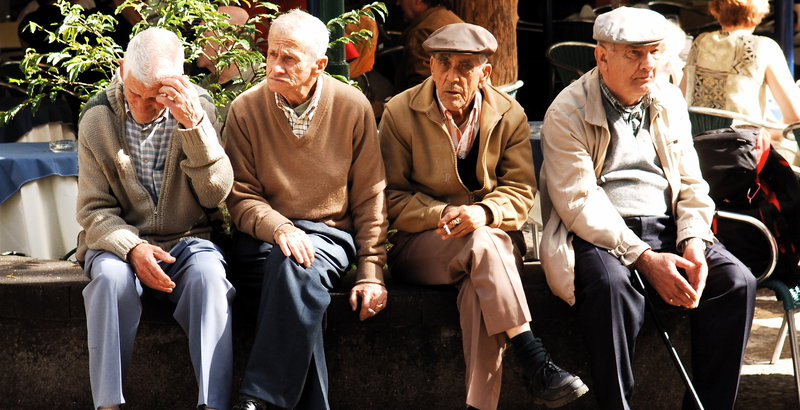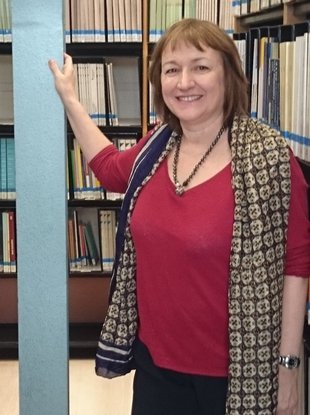'Ageing is a main success of our society' Adjusting to a new social model
S
Over the past 35 years, according to Jeroen Spijker, Ramón y Cajal researcher at the UAB's Centre d'Estudis Demogràfics, the fertility rate in Catalonia has fallen to a point of diminishing returs –or less than 2.1 children per woman– and this has accelerated the ageing of society, along with the steady reduction in the mortality rate at advanced ages.
Unstoppable process
This is not a new process, and in a number of European countries is at an even more advanced stage. In Catalonia, the arrival of more than a million foreign migrants between 2000 and 2008 helped to reverse this trend somewhat, but has since continued due to the effects of the economic crisis in which fewer migrants have come while many others have returned to their countries of origin. At the same time, a good proportion of the younger generation has left the country in search of work.
Most of the concerns about the ageing of our society are focused on the health system and the labour market. “It will not be easy, but it has to be said that ageing is not to blame for everything. In fact, there is no scientific evidence at all that suggests a direct relationship with the rise in medical costs, although there are links to technological changes and an increase in diagnoses, a rise in people's incomes and their medical insurance cover,” says Spijker.
Guaranteeing pensions
According to the researcher, it is a mistake to think that Spain will have problems honouring pension payments or that there will be a scarcity of workers mainly because of ageing. He points out, for example, that despite the rise in life expectancy and people delaying joining the job market due to the spread of further education, the average retirement age fell from 68 in 1960 to 60 in 2001 and stands at around 62 today, which is some years off the official retirement age. “The rise in retirements due to illness has been one of the main reasons for early retirement, and since the 1980s due to widespread redundancies and lay-offs by companies taking advantage of the situation to preserve or maximise profitability,” says Spijker.
Policies today
He also insists that raising the retirement age will not solve the pensions problem, “but rather lowering unemployment (50% among young adults), raising employment levels among women (53% compared with 64% for men) and people between 50 and 64 (54%) and combating the underground economy (25% of national GDP in 2012).” He also believes that the welfare of future retirees will depend on the policies implemented now and on the willingness of companies to find a better balance between making profits, the right to work, the ongoing training of individuals and a reasonable return for retirees with a lifetime of working behind them.
Rise in life expectancy
Between 1983 and 2012, the average life expectancy of men in Catalonia rose by 6.4 years, and 6.1 for women. That is an extra two years each decade. This trend is set to continue, with life expectancy for men rising by another 1.45 years per decade, and 1.23 for women. On average, the forecast is that by 2050 life expectancy will be 90 years for women and 85. At the same time, it is estimated that in 2026 there will be 22 people over 65 for each 100 inhabitants, while by 2050 this number will have risen to 30.
The proposals: more choice
One option for the future, according to Jeroen Spijker, would be to allow people to choose their retirement age, but also adjusting pensions so as not to provide an incentive for giving up work early. Another option would be to offer older workers an extension to the working age or to reduce their workload, as the Netherlands has done. According to the researcher, what would help would be a complementary, voluntary but highly-subsidised private pension system, such as the Riesler pension implemented in Germany in 2001 as part of a multi-layered system of public, private and occupational pensions.




